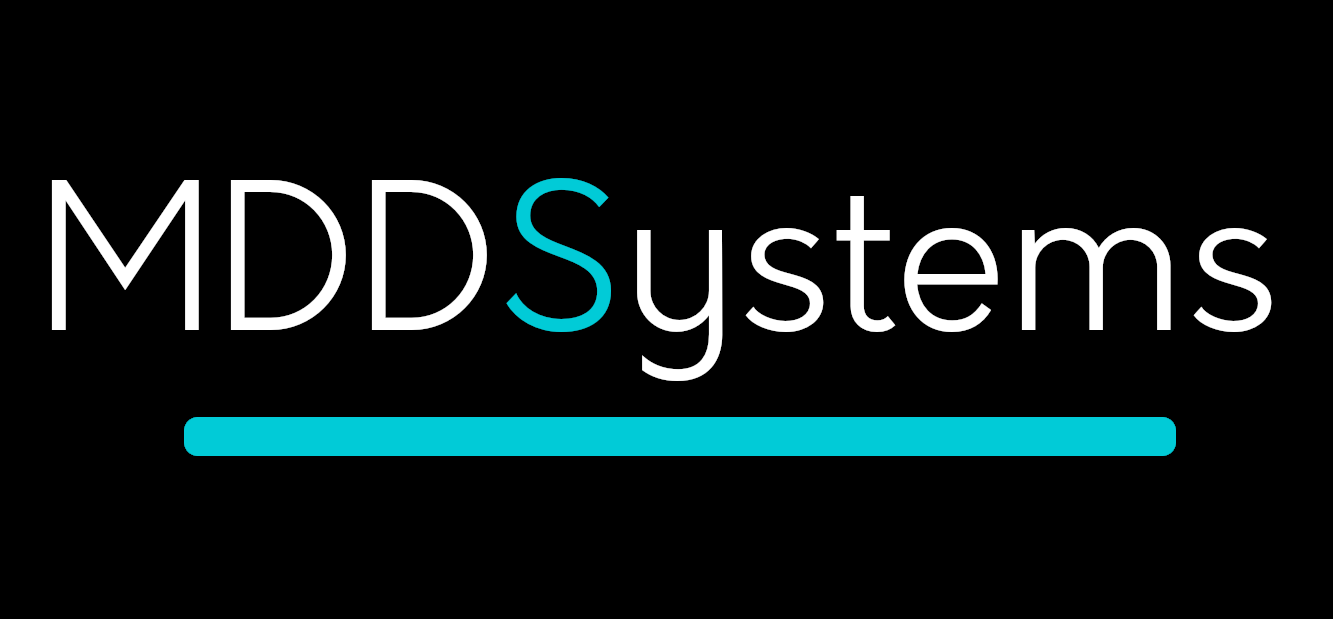The 5 phases of a project are Initiation, Planning, Execution, Monitoring and Controlling, Closing.
Listed below are common problems associated with each phase and the consequences of doing each phase poorly.
If any phase is constantly causing issues then it is suggested that a workshop be done to pinpoint and address the problems.
If any phase is constantly causing issues then it is suggested that a workshop be done to pinpoint and address the problems.
Initiation Phase
- Problems:
- Vague or missing objectives
- Unclear sponsor authority
- Poor stakeholder identification
- Inadequate feasibility analysis
- Consequences:
- Lack of direction and focus
- Difficulty securing funding
- Stakeholder resistance
- Risk of project cancellation
Planning Phase
- Problems:
- Incomplete scope and requirements
- Unrealistic estimates
- Weak risk and communication plans
- Poor stakeholder engagement
- Consequences:
- Scope creep & budget overrun
- Resource shortages or inefficiency
- Unmanaged risks
- Misaligned expectations
Execution Phase
- Problems:
- Poor team coordination
- Quality non-compliance
- Communication breakdowns
- Uncontrolled scope changes
- Consequences:
- Late deliverables
- Rework & increased costs
- Stakeholder dissatisfaction
Monitoring & Controlling Phase
- Problems:
- Insufficient progress tracking
- Ignoring warning signs
- Delayed or no change control
- Inadequate risk monitoring
- Consequences:
- Escalated crises
- Uncontrolled deviations
- Lost opportunities to course-correct
Closing Phase
- Problems:
- Incomplete acceptance
- Poor documentation
- Missed lessons learned
- Unresolved contracts/finances
- Consequences:
- Disputes and liabilities
- Loss of knowledge
- Lingering organisational issues
